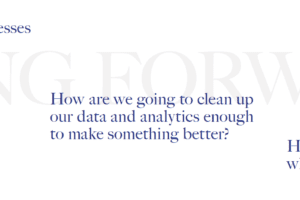
The imagination required for innovation enhances the vitality of our investments while simultaneously serving the goals of our businesses and the investors, employees, and communities we serve.

The imagination required for innovation enhances the vitality of our investments while simultaneously serving the goals of our businesses and the investors, employees, and communities we serve.

John D’Angelo, Managing Director at Deloitte Consulting, sits down with AFIRE to talk about using data to gain clarity and build transparency during critical times

Evolutions in the global landscape mean that understanding the regulatory trends will support both diligence and differentiation in the months ahead.

PwC’s US Real Estate Practice Leader Byron Carlock, Jr talks about how real estate will transform in the months to come and the forces driving that change.

How to lead with empathy, help employees thrive, and businesses survive during a time of global disruption.

As COVID-19 alters so much in our lives, Jane Page and Bryan Sanchez of Lionstone Investments say stress and uncertainty challenges leaders to better understand how to manage the very human needs and capabilities of everyone.

In this inaugural AFIRE Podcast, the AFIRE Staff describes some of the ways they are working to support connection in a virtual environment and explains some of the programming available to everyone.

If everyone plays their part, whether out of religious conviction, private conscience, or pragmatism, together we can work in a decent society grounded in ethical business conduct and a healthier commercial world.

Seeking future-focused thought leadership across real estate, institutional investing, ESG, technology, management, economics, COVID-19, and more.
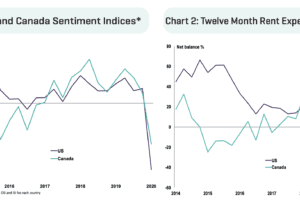
The Q1 2020 AFIRE/RICS North America Property Monitor shows the pandemic impacting the real estate market, with sentiment moving into negative territory.
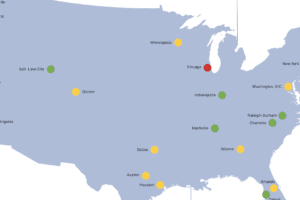
Why it’s important for investors to find ways to calculate political risk in cities – especially now.

Pandemics can dramatically change society, the economy, and governments–especially if they alter the way people have to live and work for longer than a few months.

Why are real estate companies investing in PropTech solutions? There are numerous reasons companies are going digital, but according to the survey three stand out: efficiency, cost, and decision making.

Hudson Square is poised to be the next iconic neighborhood in New York City after being long overlooked and regarded as primarily a manufacturing district.

Businesses leading the way towards a structured tech financing solution are actively separating their capital expenditure for the physical real estate from capital for their technology, brand, and people.
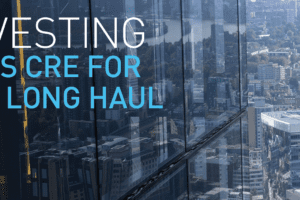
Altogether, the 8-9% unlevered CRE performance rule of thumb might well prove to be too optimistic for the long-term period ahead.

Many of us understand innovation
in theory, but in practice, it’s often misunderstood. It is not an
endpoint. It is both a process and an action.

As the tide of disruption caused by COVID-19 continues to rise, it remains too early for outlooks that aren’t dated by the time they’re issued.

Companies have been pushing new policies for increased security, business continuity and teleworking. Will these effects endure the epidemic?
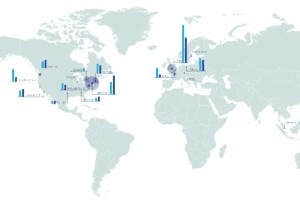
Results points to strong fundamentals for commercial real estate in the US and growing concern about external risks.
Enter your email address and password associated with your membership to log into AFIRE.org. If you are unable to login through this popup, go to https://members.afire.org to reset your password. For questions, contact us.